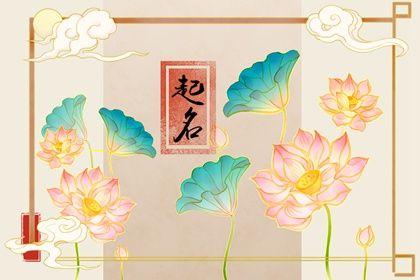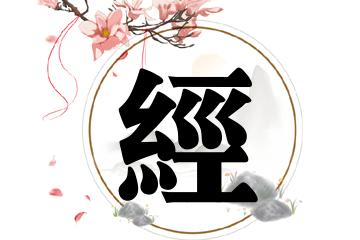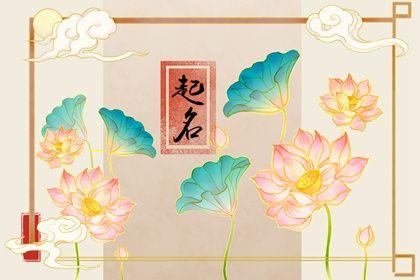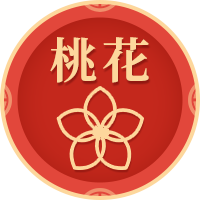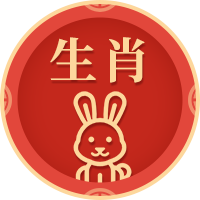长辈给晚辈起名怎样才能寓意美好呢
- 作者: 朱沁甯
- 来源: 投稿
- 2024-11-23
一、长辈给晚辈起名怎样才能寓意美好呢
寓意美好起名的原则:吉祥寓意:选择寓意吉祥、福气、平安的字词,如福、禄、寿、安、康、宁。
品德修养:取名时融入对晚辈品德修养的期望,如仁、义、礼、智、信。
才华能力:寄托对晚辈才华、能力的期许,如文、武、才、艺、智。
健康长寿:表达对晚辈健康长寿的祝福,如健、康、寿、安。
美好事物:借用自然界或美好事物来寓意,如花、草、树、山、水。
具体起名方法:单字寓意:选择寓意美好的单字,如“福”、“安”、“康”、“宁”。
双字组合:将两个寓意吉祥的字词组合,如“福禄”、“平安”、“康宁”。
三字组合:取三个寓意美好的字词组合,如“福寿安康”、“文武双全”、“才华横溢”。
成语典故:借用成语或典故中的寓意美好词语,如“安居乐业”、“学富五车”、“才高八斗”。
谐音寓意:选择与寓意美好的词语谐音的字词,如“安”谐音“安康”、“康”谐音“健康”。
示例:福安:寓意福气安康
文博:寓意文采斐然,博学多才
康宁:寓意健康平安诗雅:寓意诗情画意,文雅高洁
浩然:寓意浩然正气,光明磊落
二、长辈给晚辈起名怎样才能寓意美好呢女孩
寓意美好女孩名字1. 寄托美好愿望
安宁:祈愿孩子一生平安喜乐。
嘉欣:祝愿孩子前程似锦,喜气洋洋。
思涵:希望孩子博学多才,涵养丰富。
雅静:期盼孩子文雅恬静,气质出众。
慧敏:祈求孩子聪慧敏捷,才华横溢。
2. 借用自然元素芷晴:芷草清香,晴空万里,寓意孩子品德高尚,前途光明。
若水:水柔情似水,寓意孩子温柔善良,心胸宽广。
云舒:云卷云舒,自在逍遥,寓意孩子豁达开朗,无拘无束。
月华:月光皎洁,寓意孩子纯洁无瑕,光彩照人。
星辉:星光璀璨,寓意孩子前程似锦,光芒四射。
3. 引用典故或诗词诗涵:取自《诗经》“诗经三百,一言以蔽之,曰:思无邪”,寓意孩子纯真无邪,品行端正。
清雅:取自《论语》“君子坦荡荡,小人长戚戚”,寓意孩子心胸开阔,气度不凡。
婉约:取自《红楼梦》“婉约之极,令人心醉”,寓意孩子温婉柔美,楚楚动人。
若兰:取自《诗经》“关关雎鸠,在河之洲,窈窕淑女,君子好逑”,寓意孩子美丽贤淑,才貌双全。
芷兰:取自《楚辞》“芷兰生幽谷,不以无人而不芳”,寓意孩子品格高洁,不慕名利。
4. 结合父母姓氏李若曦:李姓取“若”,寓意孩子如朝阳般明媚;曦姓取“曦”,寓意孩子如阳光般温暖。
王芷晴:王姓取“芷”,寓意孩子品德高尚;晴姓取“晴”,寓意孩子前途光明。
张雅静:张姓取“雅”,寓意孩子文雅恬静;静姓取“静”,寓意孩子心胸宽广。
刘思涵:刘姓取“思”,寓意孩子博学多才;涵姓取“涵”,寓意孩子涵养丰富。
陈慧敏:陈姓取“慧”,寓意孩子聪慧敏捷;敏姓取“敏”,寓意孩子才华横溢。
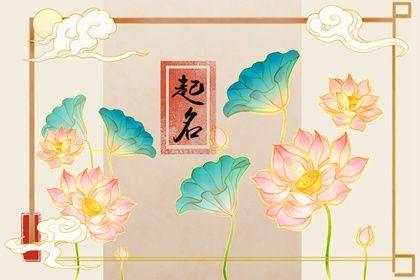
三、长辈给晚辈起名怎样才能寓意美好呢英语
How to Choose a Meaningful Name for a Younger Generation in English
1. Consider Cultural and Family Traditions:
Research the cultural significance of names within your family or community.
Explore the meanings and origins of names that have been passed down through generations.
2. Choose Names with Positive Connotations:
Select names that evoke virtues, qualities, or aspirations you wish for the child.
Consider names that represent strength, wisdom, kindness, or success.
3. Use Symbolic or Metaphorical Names:
Choose names that symbolize natural elements, animals, or abstract concepts.
For example, "Dawn" represents a new beginning, "Phoenix" symbolizes rebirth, and "Raven" signifies wisdom.
4. Incorporate Personal Connections:
Name the child after a beloved family member, friend, or mentor.
This can create a special bond and honor the person's memory.
5. Consider the Sound and Rhythm:
Choose names that sound pleasing to the ear and flow well with the child's surname.
Avoid names that are difficult to pronounce or have awkward combinations of letters.
6. Research the Name's Popularity:
Check the popularity of the name to ensure it is not too common or too unique.
Consider the potential for nicknames or variations that may arise.
7. Seek Inspiration from Literature and Art:
Explore names from classic literature, mythology, or historical figures.
These names often carry rich meanings and associations.
8. Use a Name Generator:
Utilize online name generators to find suggestions based on specific criteria, such as meaning, origin, or popularity.
These tools can provide a starting point for your search.
9. Consult with a Naming Expert:
Consider seeking guidance from a professional naming consultant.
They can provide personalized recommendations based on your family's history, values, and aspirations.
10. Trust Your Intuition:
Ultimately, the best name for a child is the one that resonates with you and your family.
Trust your instincts and choose a name that you believe will bring joy and meaning to the child's life.
四、长辈的名字晚辈不能再用吗
一般来说,晚辈不能再用长辈的名字,这是出于对长辈的尊重和避讳。
原因:尊老爱幼的传统:在中华文化中,尊老爱幼是传统美德,晚辈对长辈应保持尊敬和礼貌。
避讳:为了避免对长辈的不敬,晚辈通常会避讳使用长辈的名字。
身份区分:长辈的名字代表着他们的身份和地位,晚辈使用长辈的名字可能会造成混淆或冒犯。
法律规定:在一些国家和地区,法律规定晚辈不得使用长辈的名字。
例外情况:在某些情况下,晚辈可以使用长辈的名字,但需要经过长辈的同意或特殊情况:
长辈主动要求:如果长辈主动要求晚辈使用自己的名字,晚辈可以遵从。
纪念或传承:为了纪念或传承长辈的功绩或精神,晚辈可能会被允许使用长辈的名字。
特殊情况:在一些特殊情况下,例如长辈去世后没有其他继承人,晚辈可能会被允许使用长辈的名字。
建议:为了避免失礼,晚辈在使用长辈的名字时应谨慎行事。建议先征求长辈的同意,或使用其他方式来表达对长辈的尊重和爱戴。



